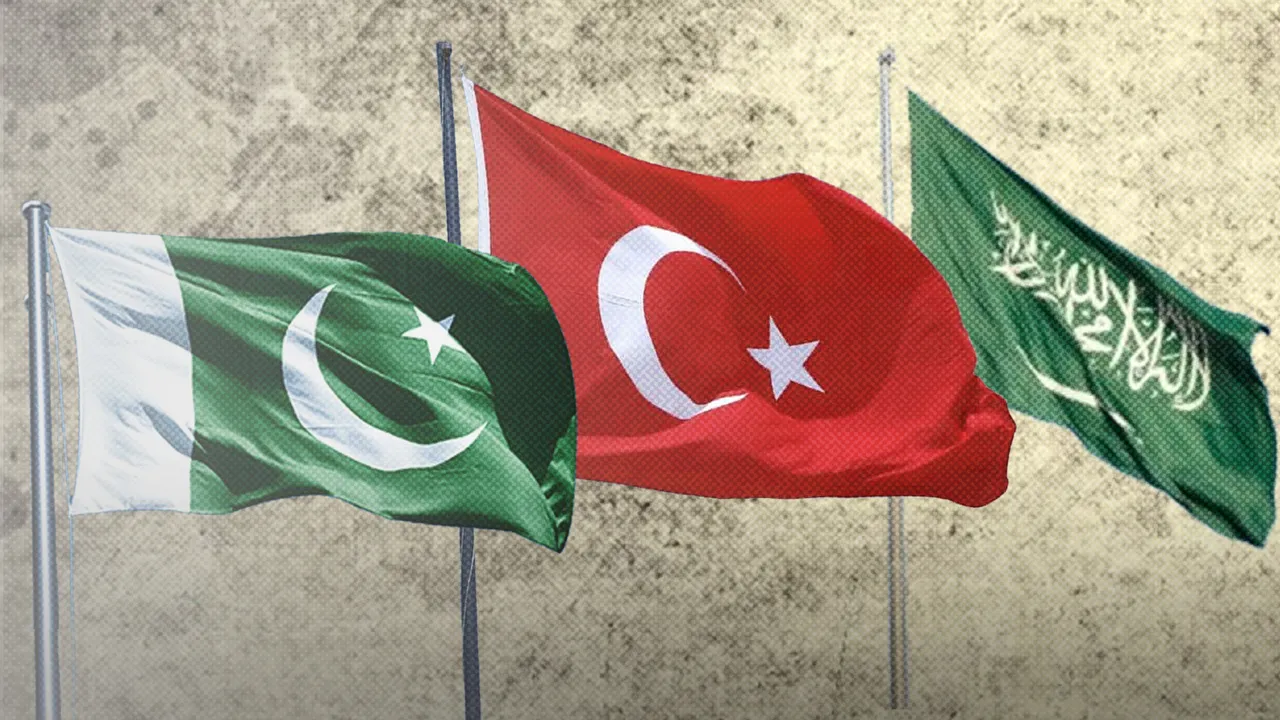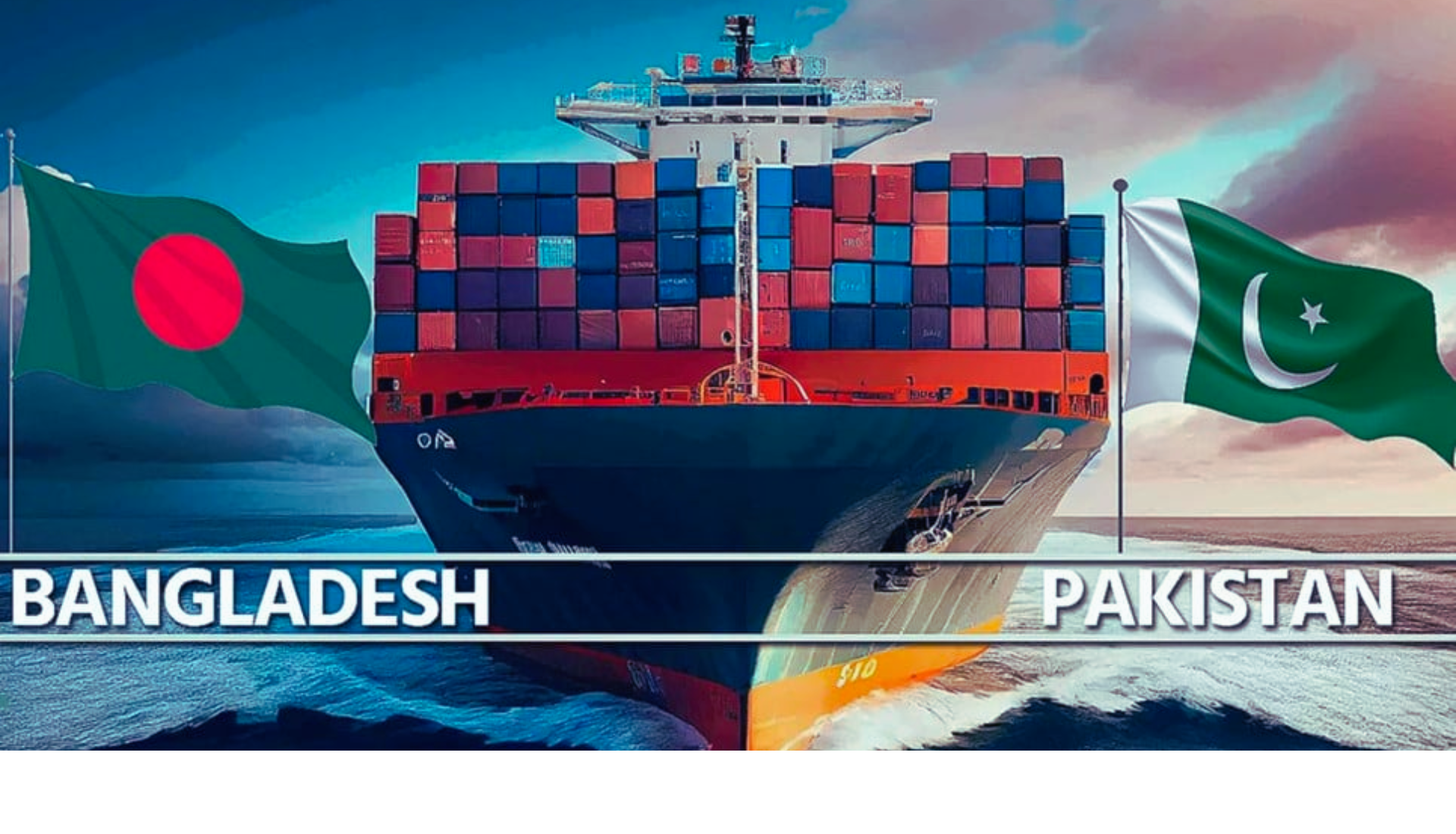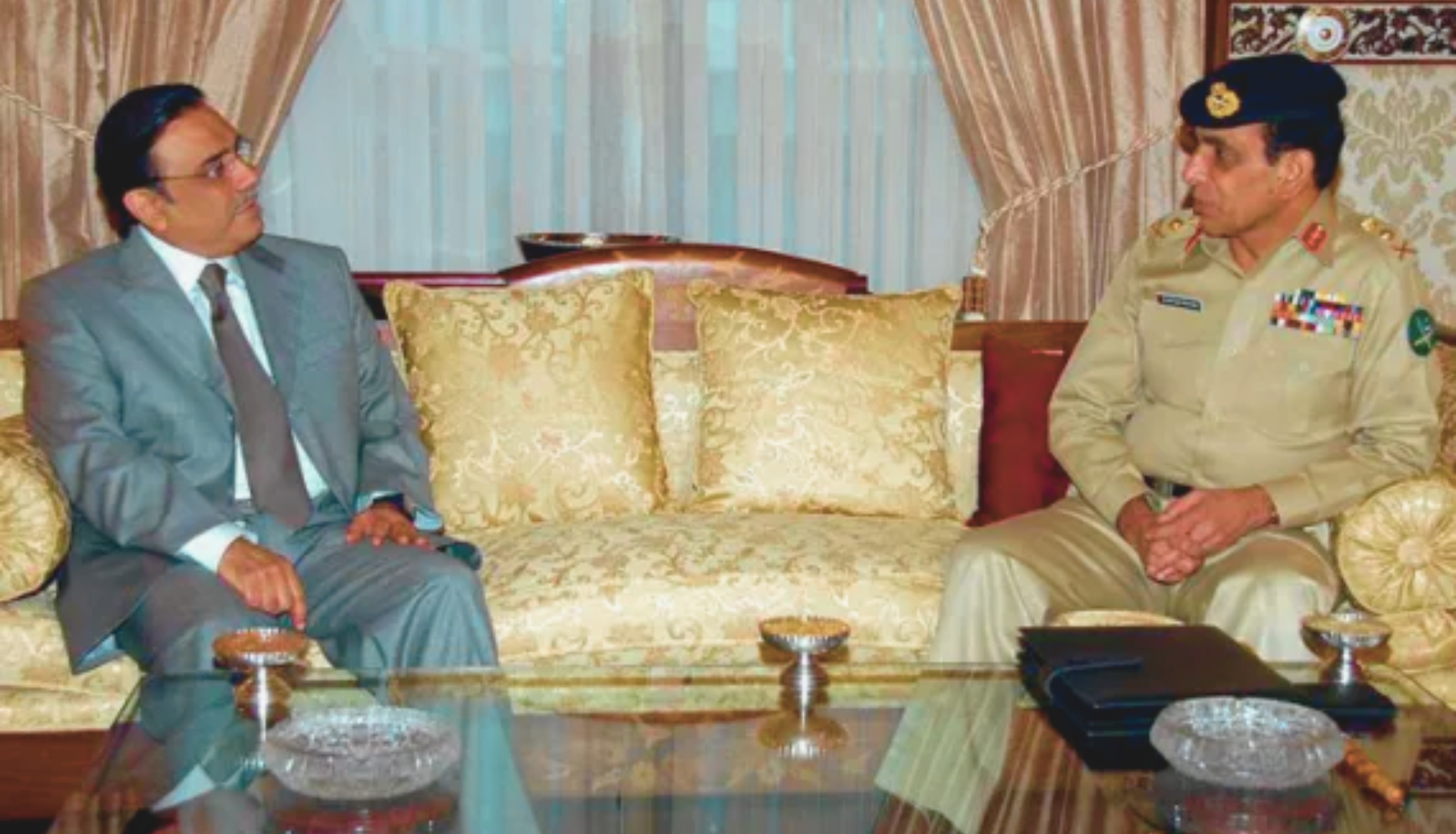200-Year-Old Sikh Temple
A 200-year-old Sikh temple finds its way back to the Sikh community in Quetta. It served as a school for Muslim girls for seven decades. Enabling them to worship there without dread for the first time in years. The temple stood empty for a year or two when most Sikhs left Pakistan for India after the British partitioned the subcontinent into separate nations in 1947.
Sikhs Community in Quetta thrilled
\”This is the best present for us. We are appreciative of Pakistan and the legal executive for giving it back to us,\” nearby Sikh pioneer Jasbir Singh said. \”It\’s like a fantasy materialized.\”
Legal Battle & Muslim Reservations
Alternatively, the temple couldn’t be returned to the Sikhs before. This is because of the persisting legal battle between nearby Sikhs and the provincial government. Abdullah Khilji, an authority at the training office in Baluchistan, said many students who were learning at the sanctuary building were migrated to a close-by school.
The development began when Pakistan\’s minuscule Hindu minority is confronting opposition from Muslim activists for attempting to construct a temple in the capital. At first, the administration affirmed its development, now the decision is under severe scrutiny and controversy.
Second Holiest Site in Pakistan
Furthermore, it\’s the second-holiest place in the Sikh faith. Moreover, the temple is on the Ravi River. Simply 4.5 kilometers from Pakistan\’s border with India. The shrine is visible from the Indian border as well.
Additionally, no Indian Sikhs are visiting worship places in Pakistan. Due to a movement boycott forced by their administration to contain the spread of the coronavirus. Causing 5,709 deaths and 269,191 contaminations across Pakistan.





